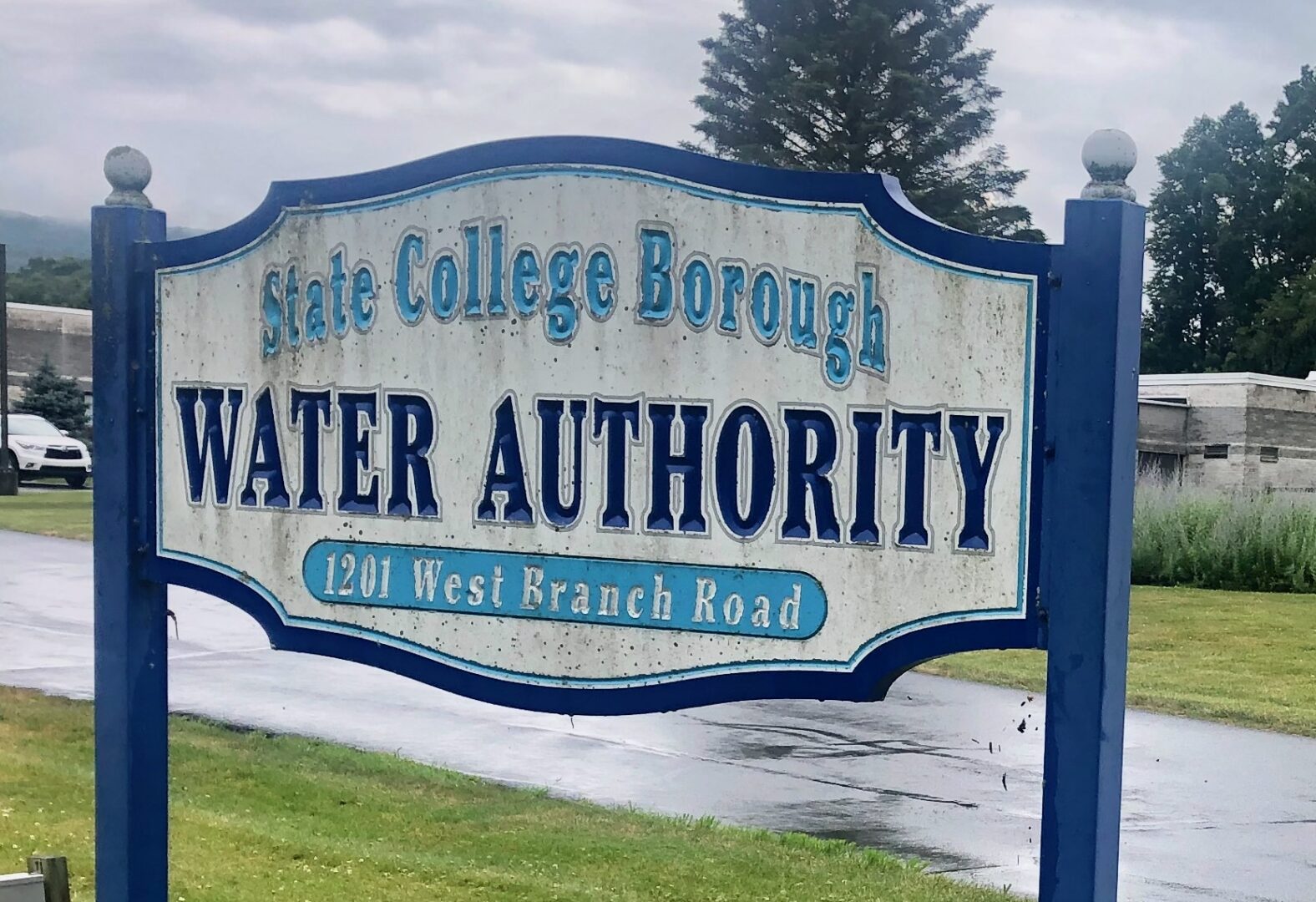State College Borough Water Authority will stop putting fluoride in its water supply beginning on Friday.
The authority’s board voted in July 2022 to end fluoridation following an ad hoc committee’s study report that recommended ceasing the practice. An application to amend SCBWA’s public water supply permit was submitted to Pennsylvania Department of Environmental Protection in October and approved in January, according to a public notice from the authority.
“It is important to note that this will in no way affect the quality of the water,” SCBWA Executive Director Brian Heiser wrote. “The water will continue to meet all DEP drinking water regulations without the addition of fluoride.”
SCBWA serves about 75,000 people in State College Borough and parts of Benner, College, Ferguson, Harris and Patton townships. (Penn State has its own water system, and College Township Water Authority also serves part of the Centre Region.) It began fluoridating water as a dental health measure in 1954, but when fluoride began to become more difficult to get in 2019, the authority’s board formed an ad hoc subcommittee to examine whether the practice should continue.
The committee returned its report in May 2022 and recommended 2-1 to cease fluoridation, not because it questioned whether fluoride prevents cavities, but because of peer-reviewed studies that suggest possible adverse health effects, potential environmental contamination caused by wasted fluoride and concern about distributing to customers who have no choice.
After months of public debate, SCBWA’s board voted 6-0 to begin the process to stop injecting fluoride into the system, with one member, Bernard Hoffnar, resigning in protest in the middle of the vote.
Removing fluoride was met with pushback from a number of local dentists, hygienists, health professionals and residents.
Backed by statewide dental associations, proponents of keeping fluoride, said the committee ignored decades of evidence that fluoridated water is safe and effective. Some chided the board for not including dental and medical professionals in their review.
“Community water fluoridation has been one of the biggest public health success stories over the last 60 to 70 years,” Dr. Matthew Kremser, a local pediatric dentist, said. “It’s safe, it’s inexpensive and it works. There’s seven decades worth of peer-reviewed research that supports those statements.”
Several dentists and hygienists warned that they expected removing it would worsen a growing rise in tooth decay problems nationally. They also cited their own observations of pediatric patients who live in communities that fluoridate water and those who don’t.
“There is a stark difference between the two. In many of these children, they don’t have access to fluoride,” Donna Murray, a public health hygienist, said.
Nearly 100% of patients at Centre Volunteers in Medicine, which provides medical and dental care for low-income individuals with no insurance, have cavities and need multiple appointments to address their tooth decay, Executive Director Cheryl White said.
“In many cases, fluoride in the water is the only type of dental prevention these individuals have,” White said. “This is critical to help strengthen teeth and prevent decay.”
All of the board’s members at the time worked in science or engineering fields, with each holding a doctorate or master’s degree, and they repeatedly stressed they only used peer-reviewed research in their review.
In an op-ed following the vote, Chairperson Jeff Kern wrote that the decision was made only after “significant study by each voting board member.”
“Each member and staff spent a substantial amount of time reading current peer-reviewed journal articles, reviewing presentations by expert medical professionals and scientists, and assessing information supplied to the board by the public concerning fluoridation and water treatment,” Kern wrote. “The board also held two public meetings and heard testimony from numerous residents, interested parties, as well as medical, dental and water quality professionals. The decision to stop fluoridation was not taken lightly, nor was it based on anecdotal evidence or political bias.”
A number of factors played into the decision. Supply chain issues complicate the acquisition of sodium fluoride, which must be imported from China and is of questionable quality, containing trace heavy metals, Kern wrote.
Topical application through toothpaste and mouthwash provides the majority of protection against cavities, board members said. In western Europe, where most water supplies are not artificially fluoridated, tooth decay rates have declined over the past 50 years.
Studies cited also suggested an association between ingested fluoride and adverse effects on the body and brain during early development.
“Systemic application removes medical consent and freedom of choice,” Kern wrote. “Fluoride can only be removed from water by reverse osmosis and ion exchange resins, which may be financially difficult or unattainable for residents to install in their homes.”



